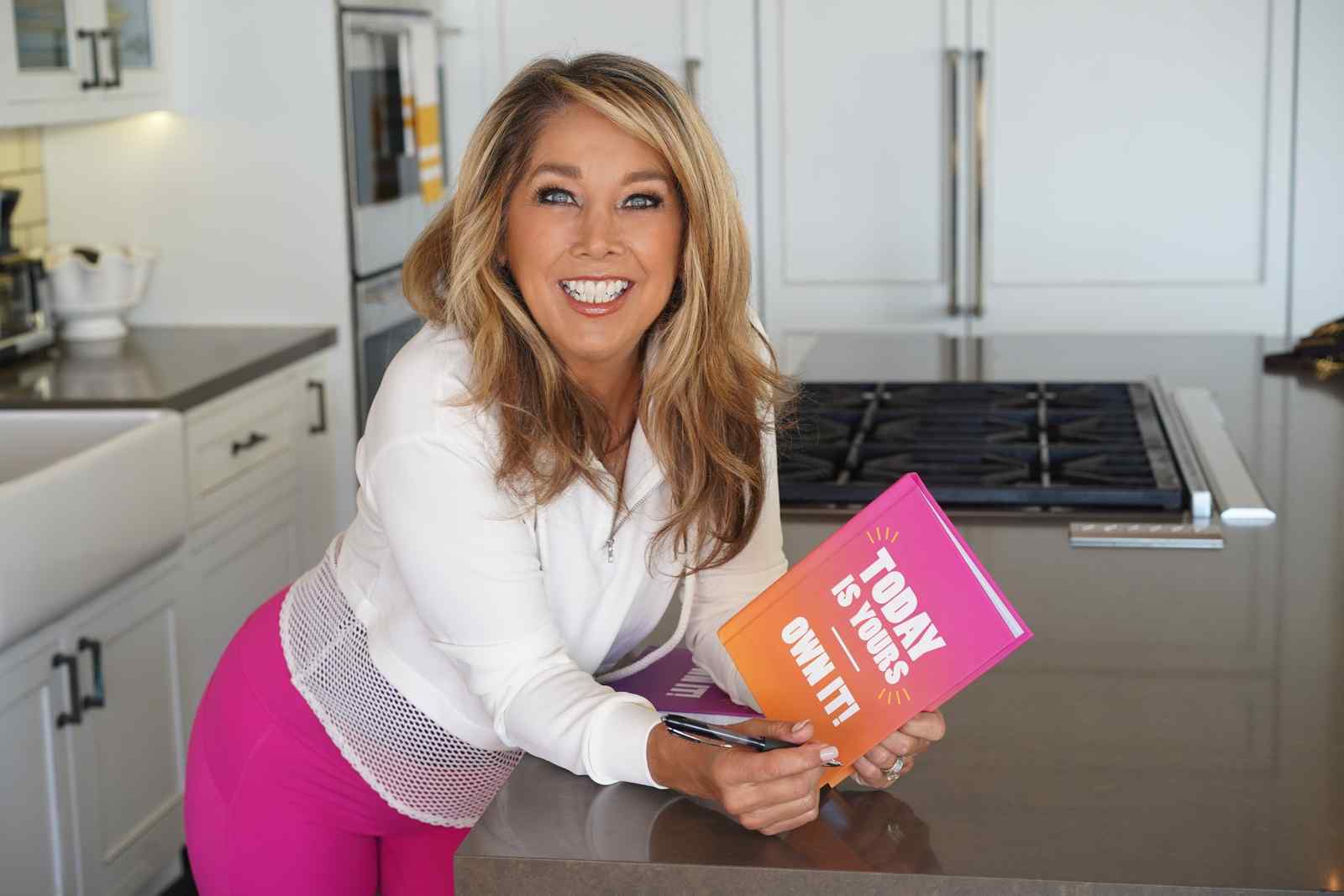The Benefits Of Keeping A Food Diary
by Denise Austin |
|
Nutrition
I'm sure you've all heard of a food diary. But is this something that everyone should do? Or just something that people who are trying to count calories or need to do an elimination diet should undertake? In my mind, everyone can benefit from keeping a food diary. Fast food courts, vending machines, jumbo size portions... as much as we'd like to eat well, it isn't always easy - especially when we're surrounded by temptation! And if weight loss is a goal for you, then a food diary may be key in your success!While you shouldn't feel guilty for occasionally having a sweet treat or salty snack (everything in moderation is my motto!), you don't want to do it all the time, especially if you're watching your waistline. Plus eating too many less-than-healthful foods means you are likely not filling up on the nutritious foods that provide energy and nutrients - the good stuff we need to help defend our bodies against illness and to help keep our skin and hair glowing and gorgeous!And that's where a food diary can come in. Whether you're trying to lose weight, maintain your weight, or just eat healthier, research shows that a food diary can help you to avoid empty calories. This is especially important during the holidays, when a nibble here and party buffet small plate there can add up without you even knowing. It is also a great way to track calories - did you know that consuming an extra 200 calories per day, without changing your exercise habits, can lead to almost a 10 pound weight gain in six months? So why not give a food diary a try?!
3 Tips For Keeping A Food Diary:
- Start by buying a notebook, then record what you eat for breakfast, lunch and dinner, plus any snacks. A small notebook you can take with you is best. My adorable EVER BETTER™ notebooks are perfect for this - check it out in Purple and Pink or Pink and Orange. Another convenient option would be to use your smart phone notes section to track your intake.
- Include portion size so you can get an accurate gauge of your food intake.... even if it's just an approximate measurement.
- Don't forget to include the little things, like breath mints, chewing gum and drinks.... the calories in drinks can sneak up on you, especially if they have sugar or alcohol! You may be surprised at how many useless extra calories you're actually consuming.


